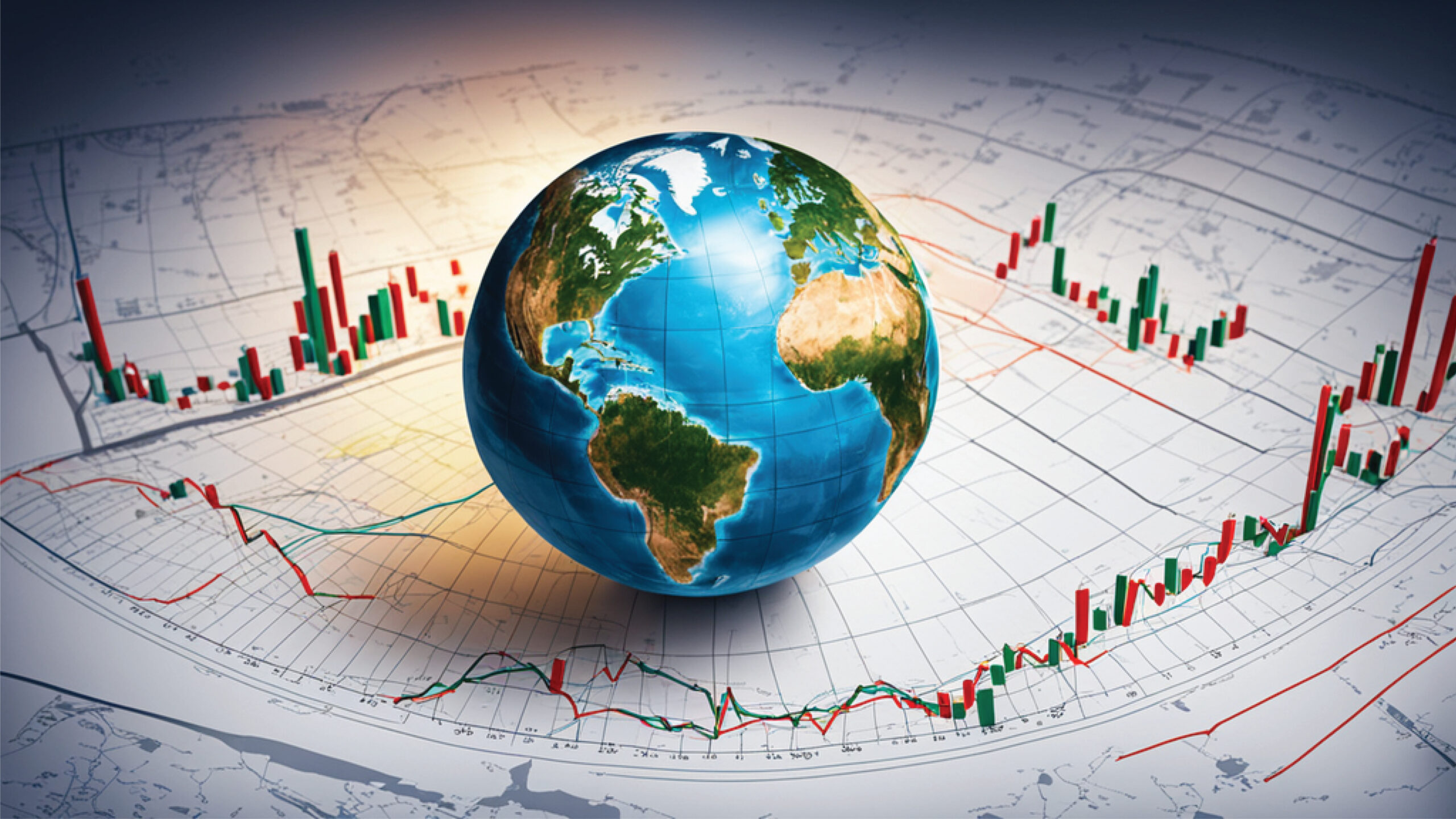The Impact of Geopolitical Events on International Securities Markets

The global securities markets are a complex ecosystem influenced by a multitude of factors, including economic trends, technological advancements, and, significantly, geopolitical events. These events, such as trade wars, regime changes, or health crises, have far-reaching consequences that often ripple through markets, creating volatility and reshaping investment strategies. For investors, policymakers, and analysts, understanding how these events influence markets is crucial for informed decision-making and long-term success.
Understanding Geopolitical Events
Geopolitical events are occurrences rooted in the political, economic, or social dynamics of nations and regions. They span a wide spectrum, including political instability, economic sanctions, military conflicts, and global health crises. These events frequently disrupt established patterns in the securities markets, creating uncertainty and compelling market participants to reassess their positions.
Take, for instance, political instability, such as the 2011 Arab Spring. This series of protests and uprisings led to significant economic and political changes across the Middle East, with repercussions for global oil prices and investor sentiment. Similarly, the US-China trade war, which escalated between 2018 and 2020, caused considerable volatility in technology and manufacturing stocks as tariffs and supply chain disruptions reshaped global commerce.
Health crises also underscore the impact of geopolitical events. The COVID-19 pandemic, for example, brought global economies to a standstill in 2020, triggering a sharp market downturn followed by unprecedented fiscal and monetary interventions that eventually led to recovery. These examples highlight the diverse ways geopolitical events can influence securities markets.
Mechanisms of Impact on Securities Markets
The pathways through which geopolitical events affect securities markets are both direct and indirect. A primary mechanism is heightened market volatility. Uncertainty stemming from geopolitical turmoil often causes rapid price swings as investors react to unfolding events. During such times, capital flows into perceived safe-haven assets like gold, the US dollar, or government bonds, leaving riskier assets such as equities under pressure.
Investor sentiment also plays a critical role. Fear and uncertainty can lead to widespread selloffs, while optimism about resolution or stability may spur rallies. Currency fluctuations are another significant factor. Political or economic instability can devalue or appreciate national currencies, affecting the competitiveness of exports and the earnings of multinational corporations.
Supply chain disruptions caused by geopolitical events further compound the market impact. Industries reliant on international trade and manufacturing are particularly vulnerable. A notable example is the semiconductor industry, which faced significant challenges during the US-China trade tensions, as tariffs and restrictions disrupted supply chains and production timelines. Check out ADS Securities Abu Dhabi for further information.
Sectoral Impacts
Different sectors respond to geopolitical events in unique ways, underscoring the need for sector-specific analysis. The technology sector, for instance, is highly sensitive to geopolitical shifts due to its dependence on global supply chains. Disruptions in the availability of key components or tensions in major manufacturing hubs can quickly translate to financial losses.
The energy sector is perhaps the most visibly affected by geopolitical events. Conflicts in oil-rich regions like the Middle East or sanctions on significant exporters like Russia can lead to sharp fluctuations in oil and gas prices, directly impacting global energy markets and companies.
Meanwhile, the defence and aerospace industries often see increased activity during times of geopolitical tension. As governments boost military spending in response to threats, companies in these sectors experience growth, reflecting their unique position in a volatile geopolitical landscape.
The Role of Central Banks and Governments
Central banks and governments play vital roles in mitigating the impact of geopolitical events on securities markets. Central banks often intervene through monetary policy adjustments, such as lowering interest rates or employing quantitative easing, to stabilize markets and maintain liquidity. These measures help calm investor fears and prevent further economic deterioration.
Governments, on their part, use fiscal tools to address economic challenges arising from geopolitical disruptions. Stimulus packages, tax incentives, and direct financial support to affected industries are common approaches. In the case of trade wars, governments may negotiate agreements to reduce tensions and create more predictable trading environments.
Risk Mitigation Strategies for Investors
Investors face significant challenges during periods of geopolitical instability, but there are strategies to mitigate risks. Portfolio diversification remains one of the most effective methods. By spreading investments across regions, asset classes, and sectors, investors can reduce their exposure to localized risks. For example, balancing investments between developed and emerging markets can help hedge against region-specific volatility.
Hedging strategies, including the use of derivatives like options and futures, offer additional protection. These financial instruments allow investors to manage potential losses from adverse market movements. Additionally, alternative assets such as commodities and real estate provide a buffer against market volatility.
Conclusion
Geopolitical events are an ever-present force in the financial world, capable of reshaping international securities markets in profound ways. From triggering market volatility to influencing sector-specific dynamics, these events compel investors to remain vigilant and adaptable. Understanding the mechanisms by which geopolitical developments affect markets, coupled with effective risk mitigation strategies, is essential for navigating an uncertain global landscape. As geopolitical risks evolve, staying informed and proactive will remain vital for achieving long-term financial success.

